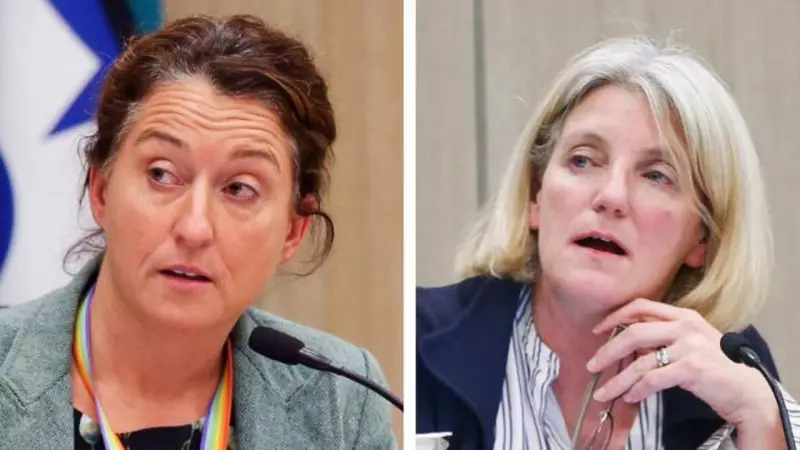
A Surf Coast councillor's decision to relocate to Western Australia while continuing to represent her Torquay constituents has sparked significant controversy and failed what locals are calling the 'pub test'.
Councillor's cross-country move raises eyebrows
Kate Gazzard, who was elected to represent the Torquay ward in October 2023, has confirmed her move to Western Australia but intends to maintain her council position. The revelation came during a recent council meeting where Gazzard participated remotely, telling fellow councillors she had 'moved away for a little while' to support her partner's career opportunity.
The situation has drawn criticism from community members and fellow councillors alike. Cr Gary Allen didn't mince words when he stated the arrangement 'doesn't pass the pub test' for local representation. He emphasized that constituents expect their elected officials to be physically present in the community they serve.
Community reaction and council response
Local residents have expressed concerns about how effectively a councillor can represent their interests from across the country. The distance raises practical questions about attending community events, understanding local issues firsthand, and being accessible to constituents who may prefer face-to-face meetings.
Surf Coast Shire Mayor Liz Pattison acknowledged the situation but noted that the Local Government Act 2020 doesn't specifically require councillors to reside within their ward during their term. However, she emphasized that all councillors must continue to meet their statutory obligations regardless of their location.
Gazzard defended her ability to represent Torquay effectively, pointing to her continued participation in council meetings via technology and maintaining that she remains committed to her electoral promises. She stated she's 'still very much across everything that's happening' in the community.
Broader implications for local governance
The situation has sparked a broader discussion about the nature of local representation in an increasingly digital world. While technology enables remote participation, questions remain about whether physical presence remains essential for authentic community representation.
The controversy comes at a critical time for the Torquay ward, which is experiencing rapid growth and development pressures. Community members argue that having a physically present councillor is particularly important during this period of significant change.
As the discussion continues, the situation highlights ongoing tensions between modern flexible work arrangements and traditional expectations of local government representation. The outcome may set precedents for how similar situations are handled in other municipalities across Australia.





